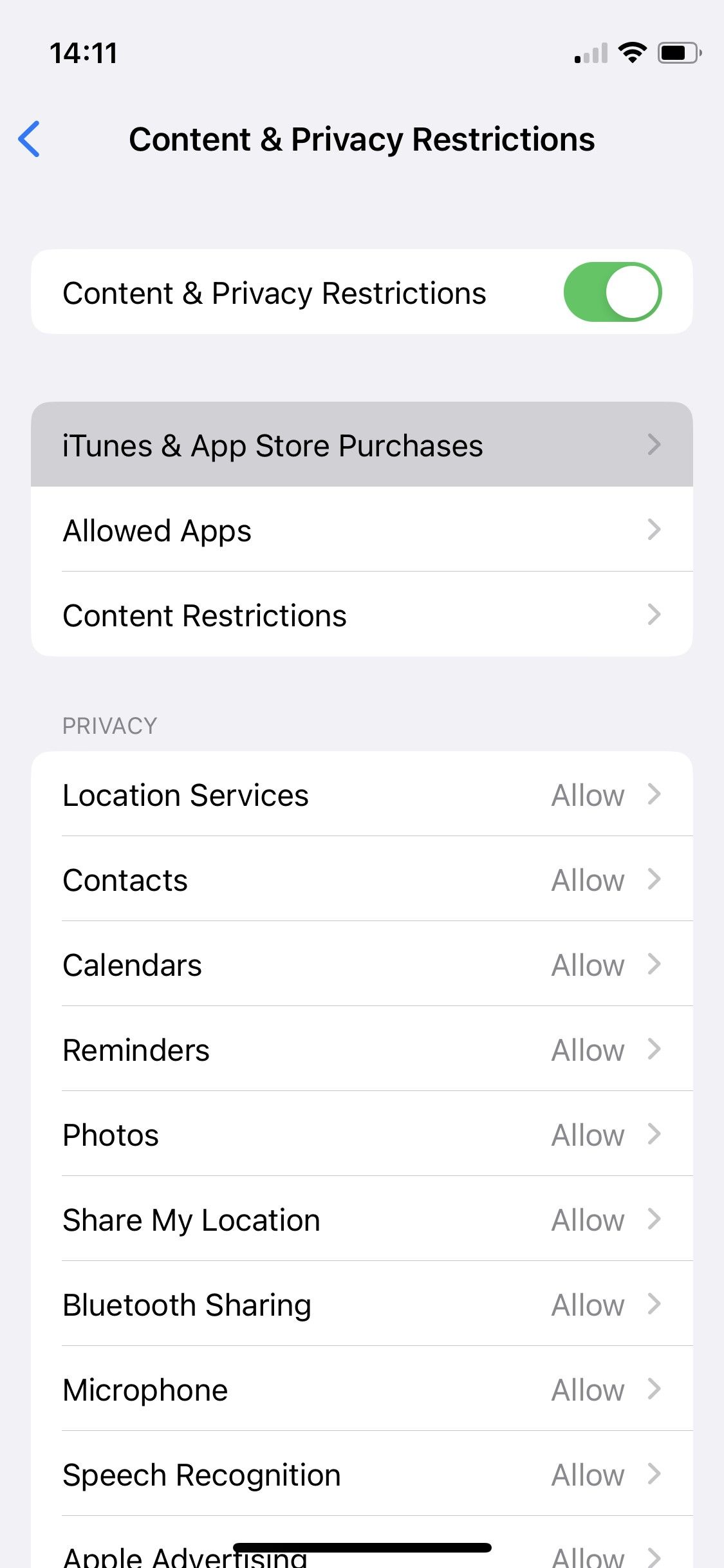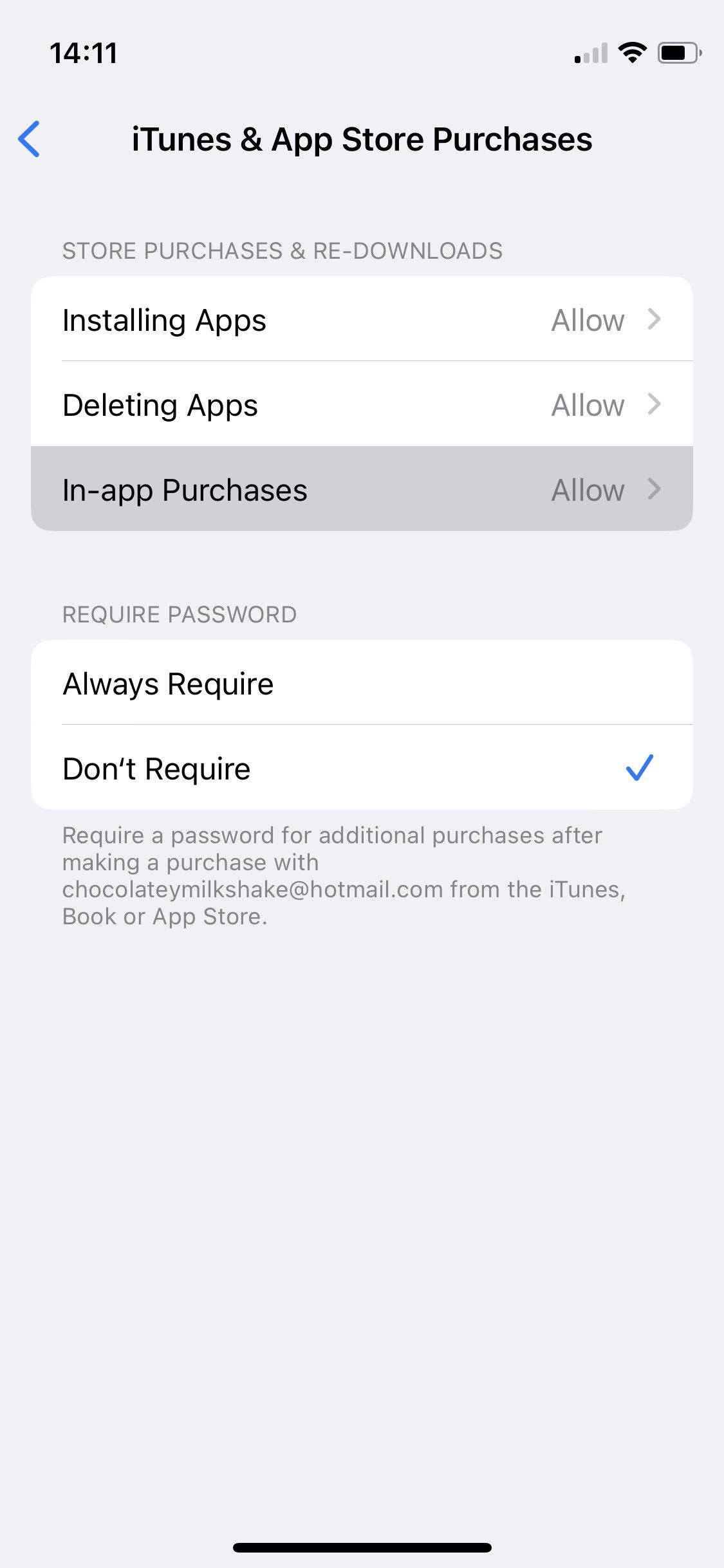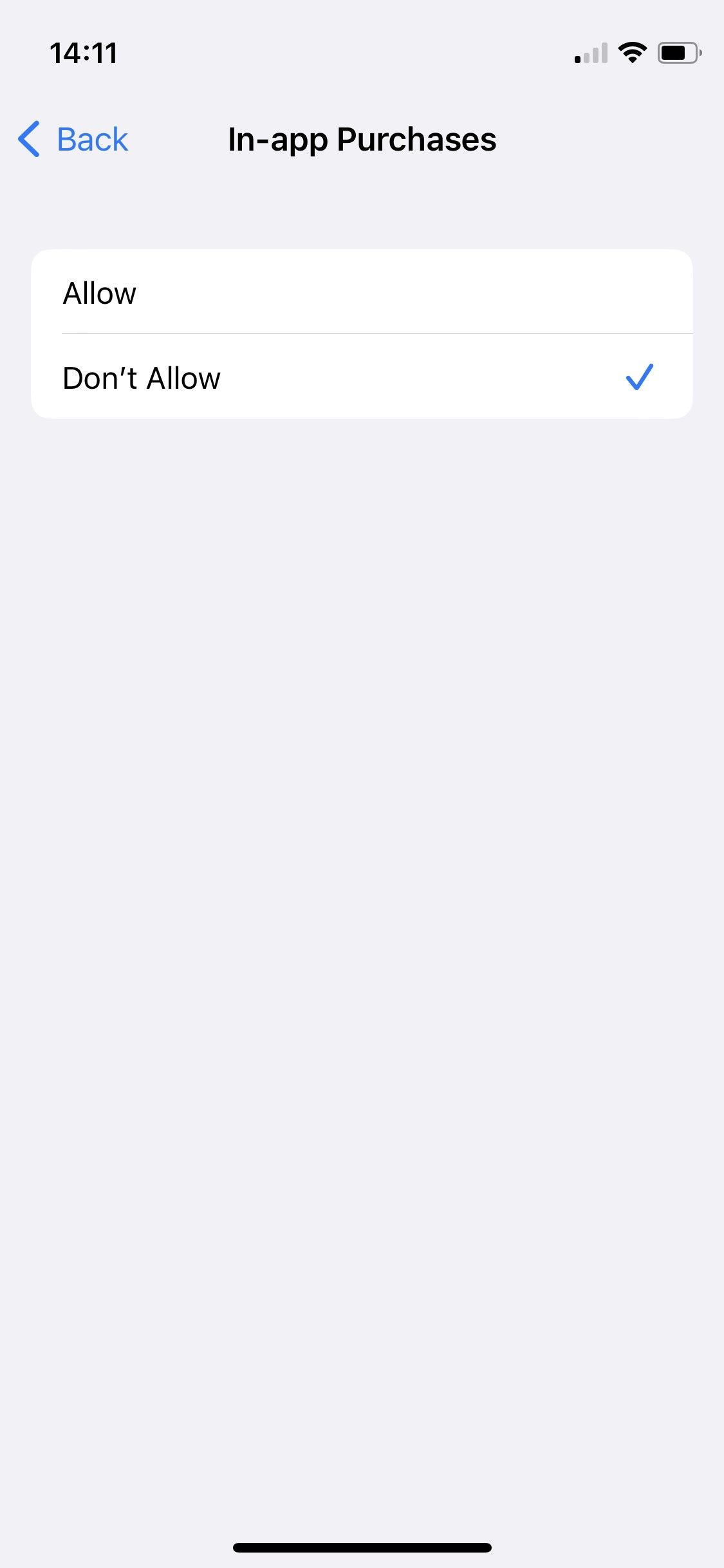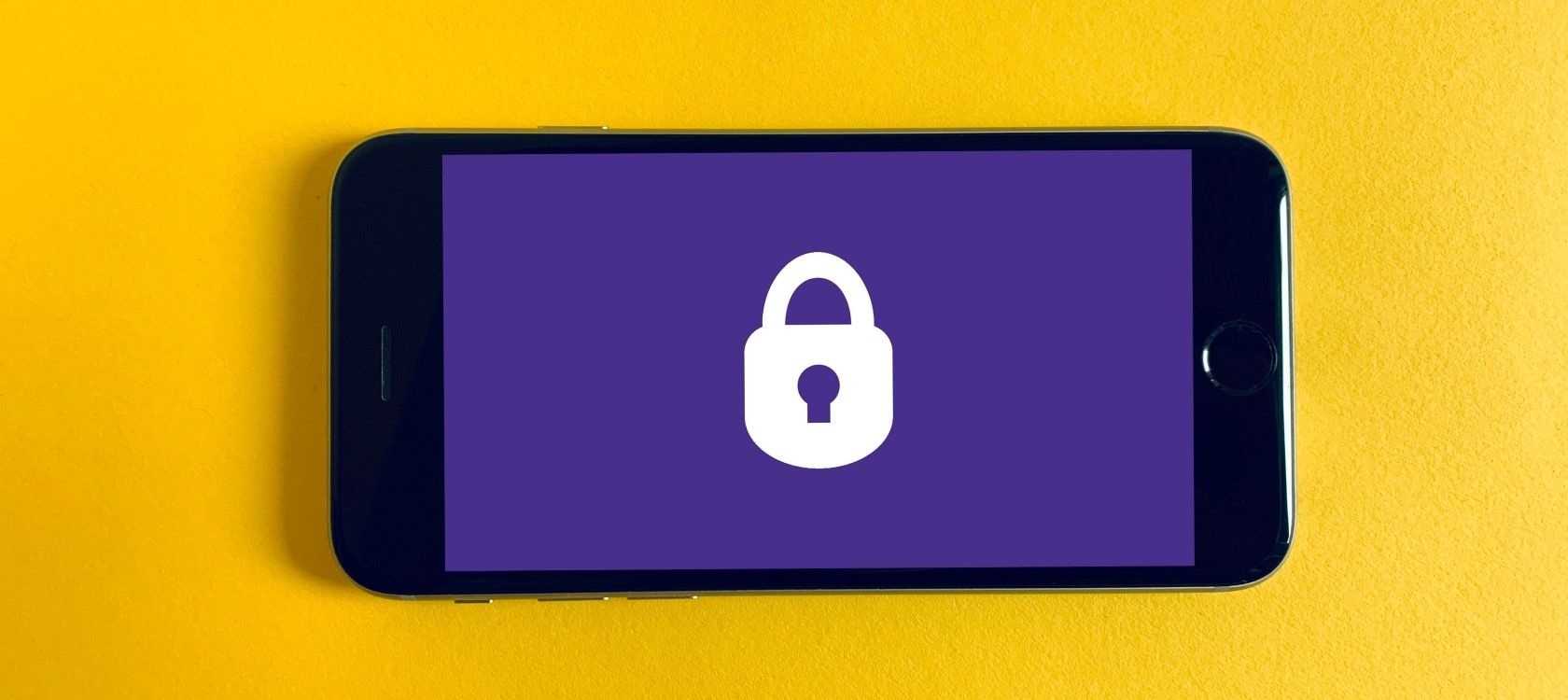While mobile gaming is popular, it’s not always the innocent hobby it appears to be. From game design that triggers true addiction to threats to your financial well-being, there is an insidious side to mobile games that can harm your health.
To help you understand the risks and find solutions, here's how mobile games can be bad for your health and the steps you can take to protect your well-being.
1. Mobile Games Are Designed to Be Addictive
The first reason that mobile games are harming your health is that they’re specifically designed to be addictive. You're set up to lose, here.
Behavioral addiction specialists at Delamere explain that playing video games engages with the brain’s reward center, releasing dopamine to keep players coming back for more. The World Health Organization (WHO) has gone as far as officially classifying video game addiction as a mental health disorder.
Video Game Addiction is diagnosed through symptoms including being unable to control your desire to play video games, prioritizing gaming over everything else (including obligations), and not stopping playing games even when negative side effects are noticed.
What Aspects of Mobile Games Make Them So Addictive?
While many people's gaming habits are unlikely to fit the diagnosis of Video Game Addiction, the reasons that mobile games are so addictive are clear:
- Creators favor dopamine hits over quality gameplay. Many mobile games are designed to provide frequent and consistent dopamine hits for low-effort gaming, rather than providing quality gameplay and narratives found in popular console games. By creating small “wins” within mobile games, creators are compelling you to keep playing to receive frequent dopamine hits for each small achievement.
- Games are free to play. Creating an accessible game is vital in hooking an audience, which is why many mobile game designers will offer their games for free, removing any monetary barrier that would prevent you from engaging with their product.
- Mobile games start easy. Mobile game creators also hook you by creating mobile games that allow you to move through the first few levels quickly. This makes a game exciting to play as you receive plenty of dopamine hits from the get-go. As more levels are achieved, the difficulty increases, along with the dopamine-infused sense of achievement you receive for overcoming the set challenges.
- Mobile games are accessible to all. It seems like nearly everyone owns a mobile phone, meaning that mobile game creators have the largest accessible audience in the gaming sphere (approximately 3.9 billion players according to Business of Apps). You have a wealth of (mostly free) addictive mobile games readily available in your hand at all times.
2. Real-Time Demands of Mobile Games Cause Anxiety
Aside from the anxiety-inducing addictive nature of mobile gaming, players are easily pressured into experiencing anxiety-related FOMO (fear of missing out) when it comes to playing mobile games.
Many mobile games run in real-time, with limited-time events running 24/7. These limited-run events can occur any time day or night within a mobile game, and potentially missing the deadline of a particular game aspect can manifest anxiety in dedicated players.
The creators of these limited-time events execute the same strategy that effective marketers use in advertising: by creating a sense of scarcity and urgency, you as the player are compelled into participating in these short-lived and heart-palpitating events to avoid missing out.
To ensure this anxiety-driven gaming response isn’t escaped, creators also use mobile game notifications to draw you back in. Game notifications inform you about these time-limited in-game events, inducing a manipulative compulsion to participate or “lose out” even when you’re not playing the game.
3. Mobile Games Detain You From Your Real Life
With the compulsive nature of these games, you may find yourself constantly engaged with your favorite mobile game—whether through actual gameplay or via distracted preoccupation. This can occur when the line between escapism through mobile gaming slips into obsession, and it’s not hard to overstep this line.
If you find yourself in social situations either glued to your phone or preoccupied with thoughts about your current mobile game, you may have crossed the line into mobile game obsession.
4. Mobile Games Can Lead You to Shed Money Through Microtransactions
It’s easy to see that microtransactions are ruining the gaming industry, especially when they’re put into play in a predatory way. Many gamers also dislike microtransactions, as they can give an unfair advantage to players who splash out to advance their in-game progress.
It’s common within mobile games for the ability to progress to a reasonable level to be unachievable without purchasing specific in-game items with real money. If you’re fully committed (read: obsessed) with your mobile game, you’re just an easy tap away from spending real dollars in exchange for virtual game progress.
5. Long Mobile Gaming Sessions Can Damage Your Body
Mobile gaming doesn’t just impact your mental well-being; it can also damage your physical health. Sports Medicine Study explains that sitting in the same posture for prolonged periods of time while you're immersed in mobile games can significantly contribute to health risks including fatigue, pain, and musculoskeletal problems.
If you’re forgetting to take breaks or move around during a mobile gaming stint, you may be harming your physical health.
How to Manage the Harmful Effects of Mobile Games
Although the associated health implications of mobile games are another reason why mobile gaming sucks, there are steps you can take to counter its negative side.
1. Turn Off Mobile Game Notifications
An effective way of combating mobile gaming addiction and related anxiety is to turn off notifications. Many mobile games will push you to log back in throughout the day via persistent reminders, so find your notifications settings on your phone and turn off notifications from your games to ease your anxiety.
2. Set a Time Limit on Mobile Games
To moderate the time you spend on mobile gaming, set a time limit. When your gameplay time is up, your phone will block your chosen games until the next day.
For Android users, you can learn five ways to restrict apps.
For iPhone users, follow these steps:
- Tap Settings > Screen Time > App Limits > Add Limit > Games.
- Tap on the specific games you want to limit access to, or tap Games to highlight all mobile games.
- Tap Next and use the scroll menu to set a daily time limit on gaming (e.g. 30 minutes).
- Tap Set to save your settings.
You can also track your screen time to see how many minutes or hours you are racking up playing mobile games.
3. Restrict In-Game Spending
If you own an Android phone, you can set a budget within the Play Store settings:
- Open the Play Store.
- Tap on your profile icon (top right).
- Tap Payments and Subscriptions.
- Tap Budget and History.
- Tap Set Budget to limit your in-game spending.
If you’re on iOS, you can block in-app purchases with these steps:
- Open Settings.
- Tap Screen Time.
- Tap Content & Privacy Restrictions.
- Tap iTunes & App Store Purchases.
- Tap In-app Purchases.
- Tap Don’t Allow.



Within the iTunes & App Store Purchases menu, you can turn on Always Require for passwords if you want to limit but not completely block in-app purchases.
You Can Enjoy Mobile Gaming Without Harming Your Health
Being aware of the potential for mobile games to harm your health is the first step in looking after yourself. Following the tips in this article should be enough to allow you to enjoy mobile gaming without it harming your well-being.
If you’re struggling with video game addiction despite the tips in this article, however, it’s important that you reach out to a friend, family member, or professional for help and support.






